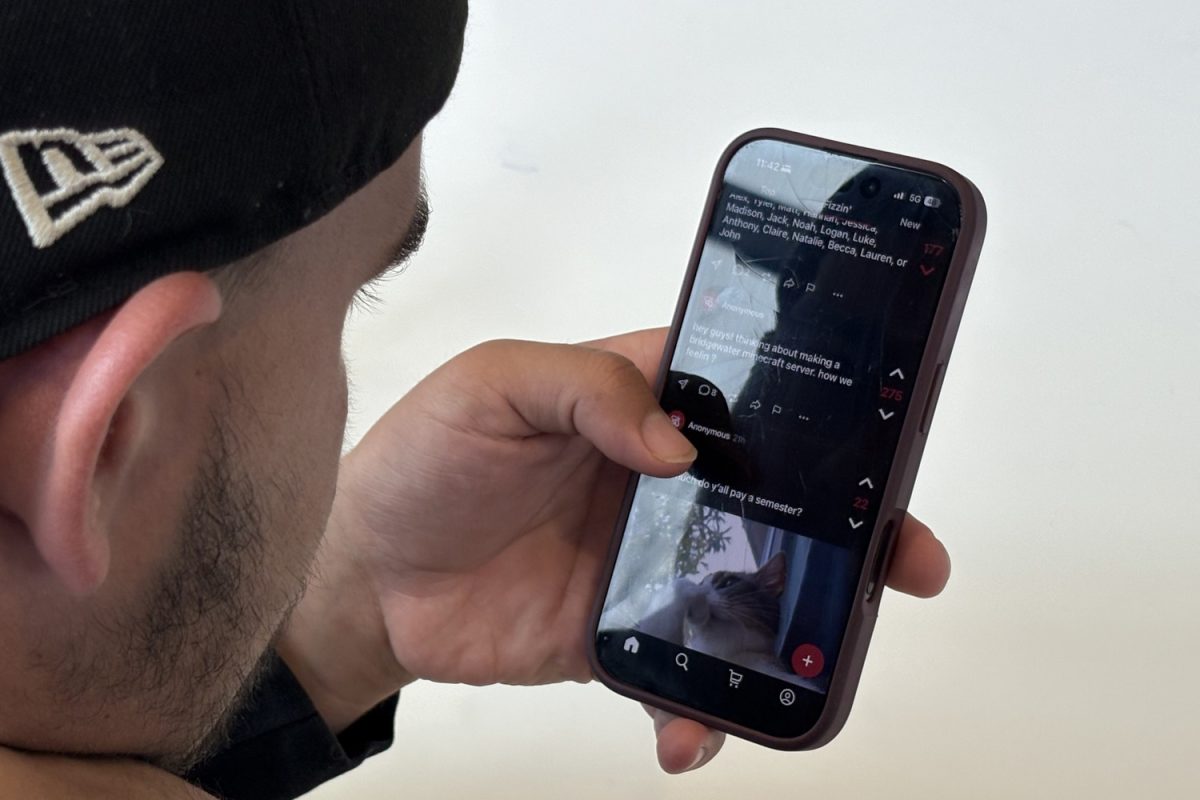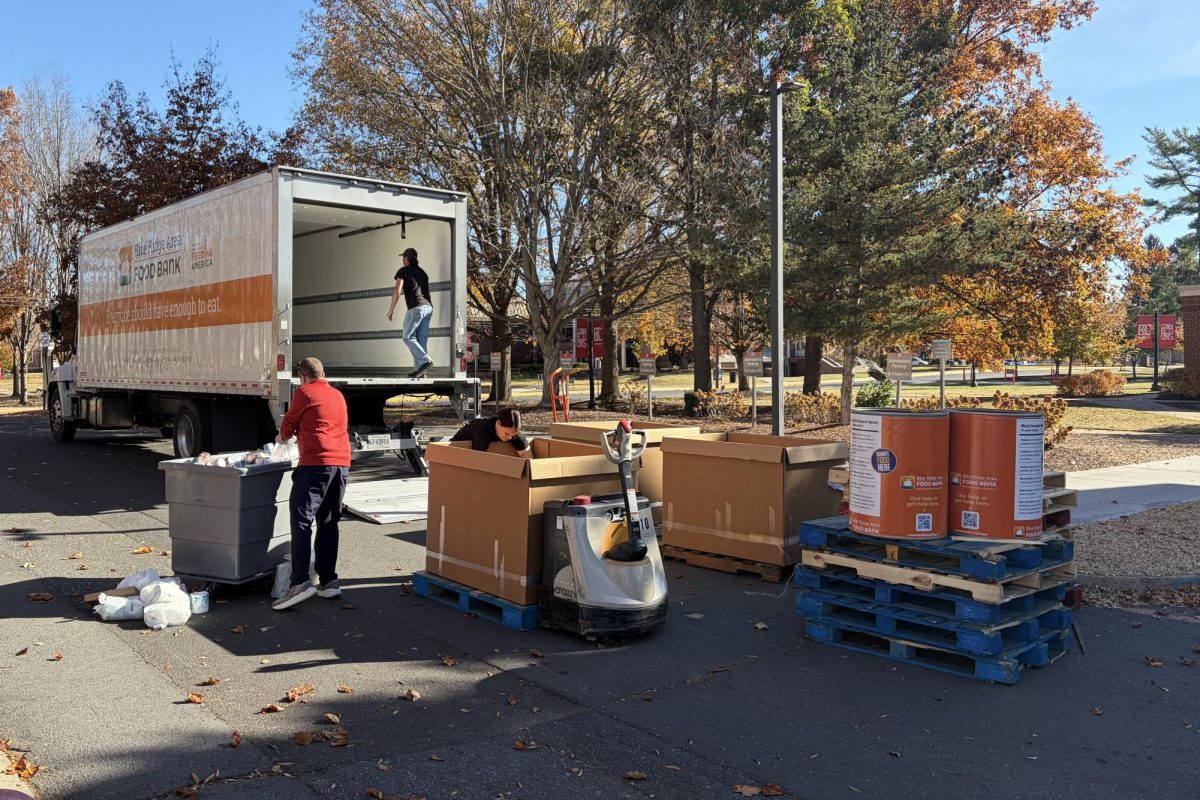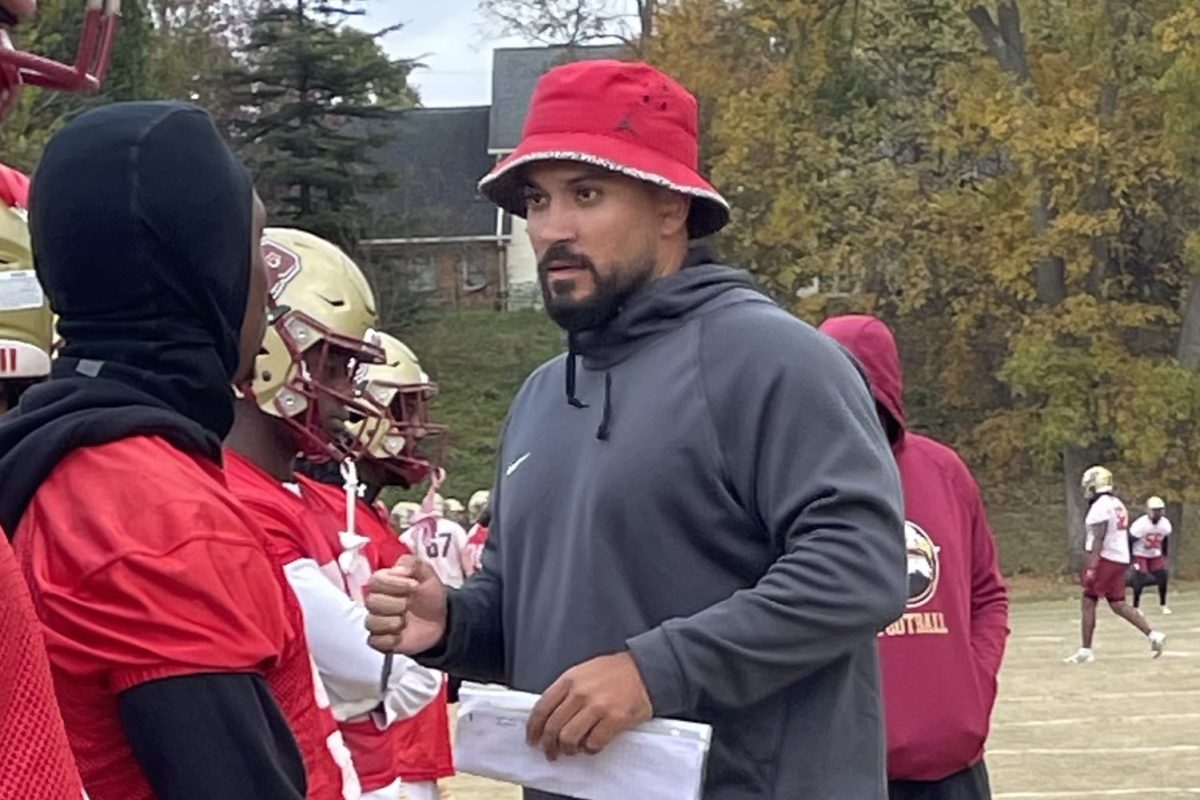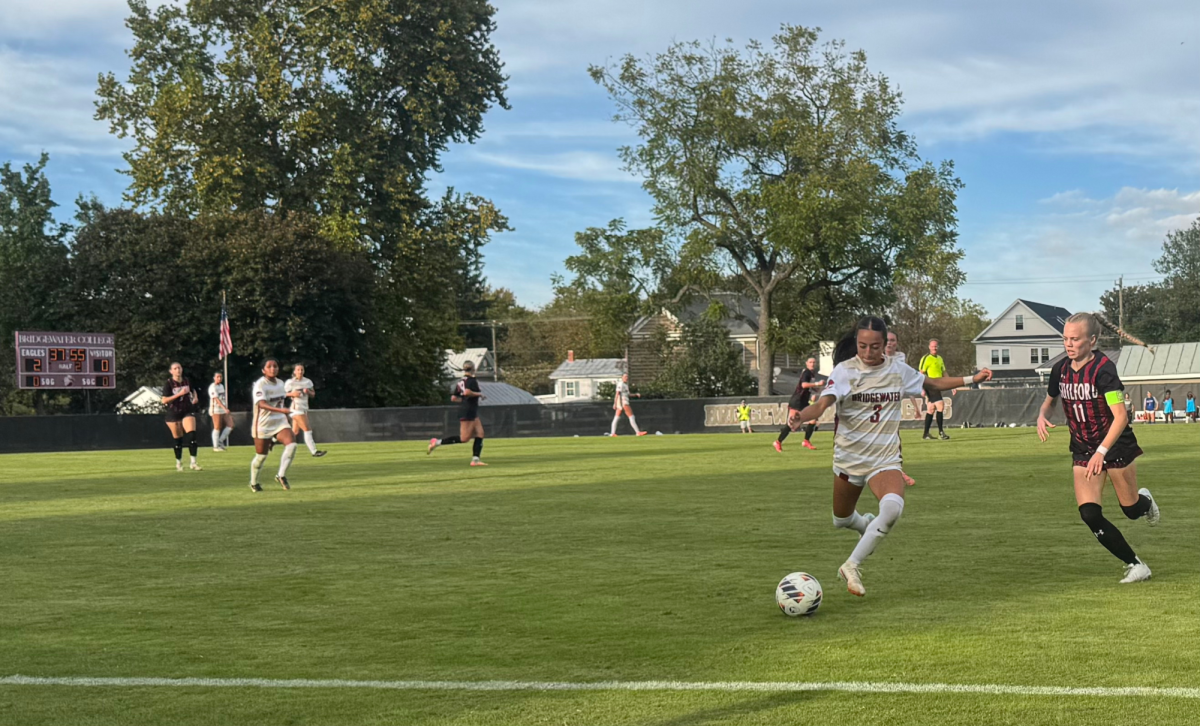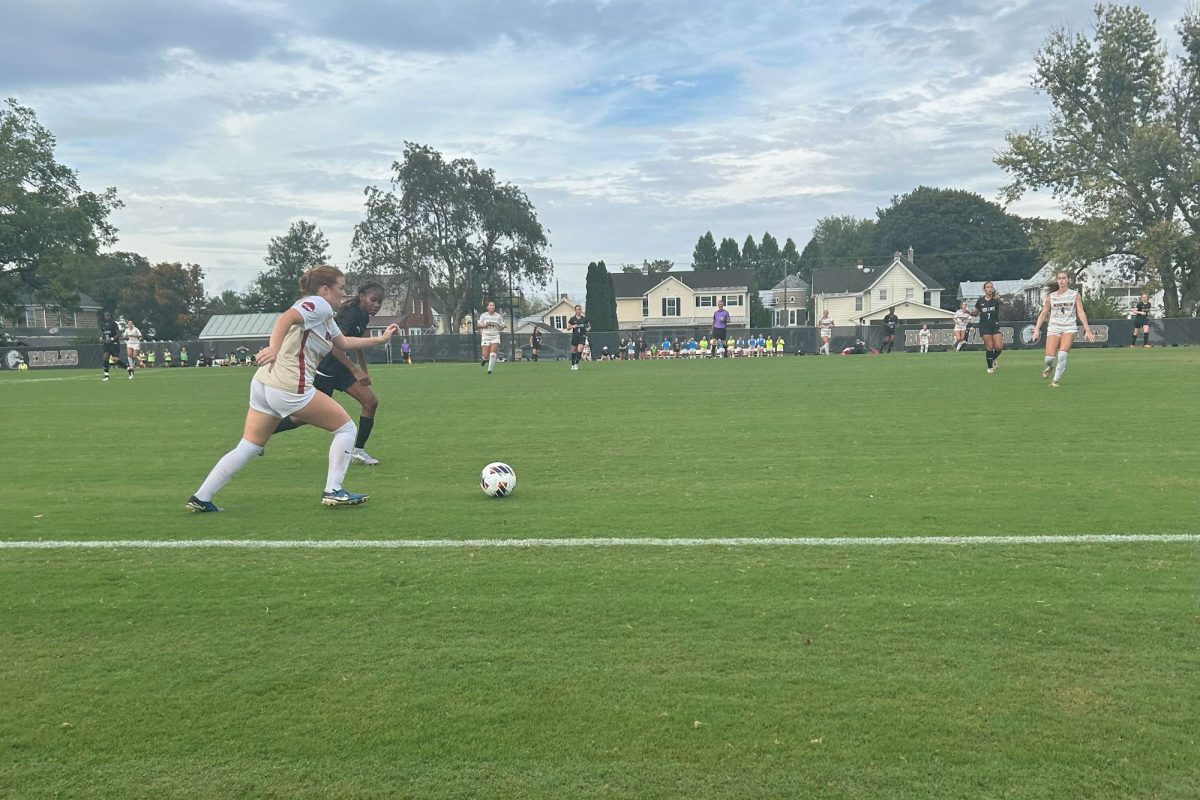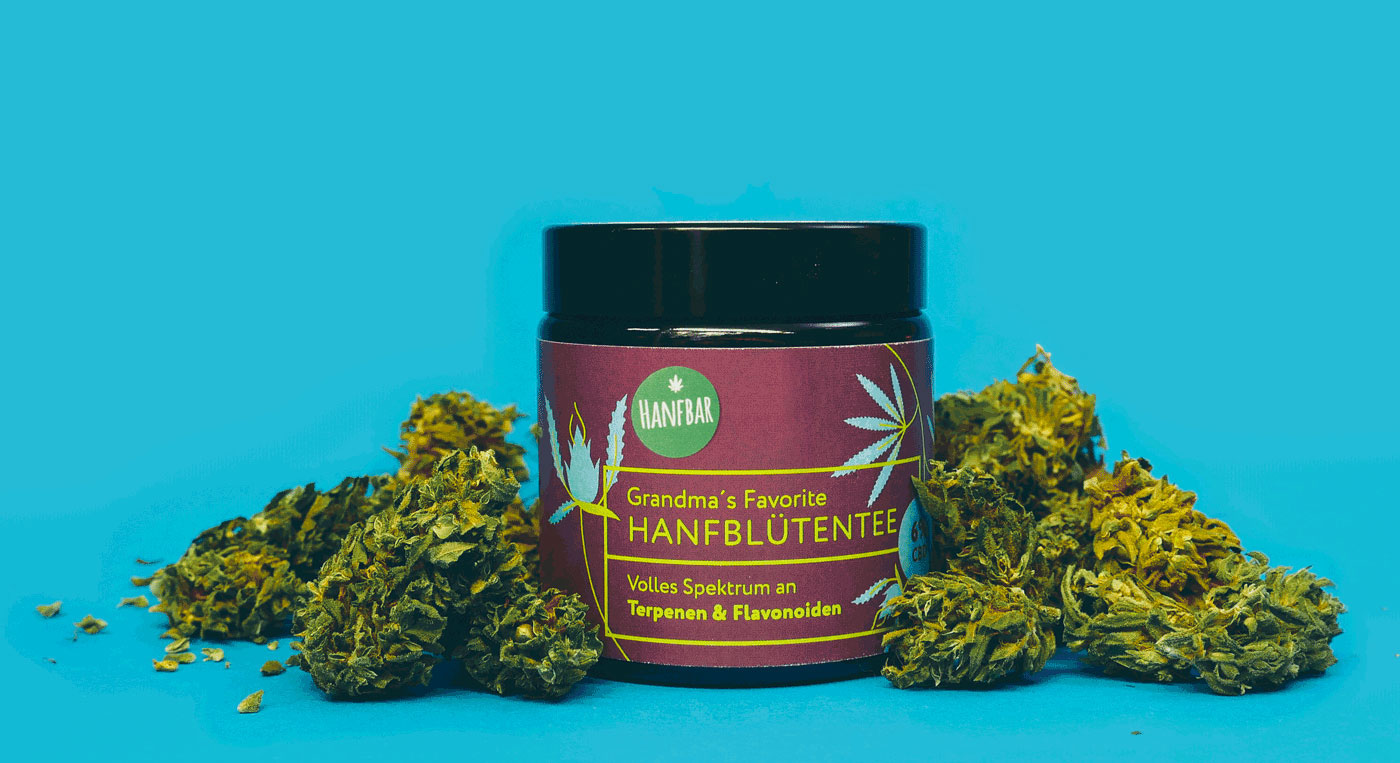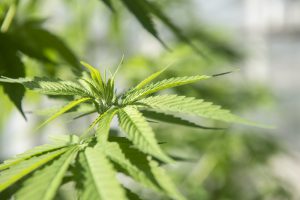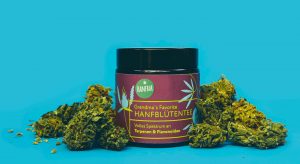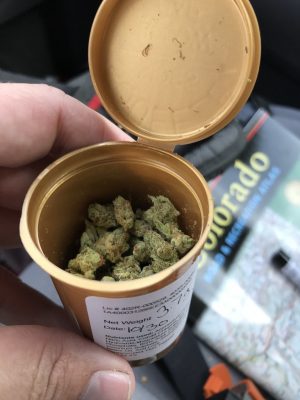The Legal Plant that Looks and Smells Like Marijuana
Newly Decriminalized Industrial Hemp Mimics its Illicit Cousin
January 10, 2020
Bridgewater, Va.- Considered marijuana a few years ago, industrial hemp is being harvested by more than 700 registered farmers in Virginia this year. Around 135 acres were grown last year—but this year, the number has skyrocketed to 7,000.
Commonly used in oils and creams, the hemp plant is renowned for non-intoxicating medicinal properties through the high concentration of cannabidiol (CBD) as opposed to THC. The plant can also be ingested for health benefits, often seen on shelves in grocery stores in seed or protein powder form or even in skincare.
Because of the minimal tetrahydrocannabinol, or THC, content, industrial hemp does not provide the same high as marijuana. Marijuana typically contains up to 30 percent THC, the ingredient responsible for the high in the plant.
In December 2018, U.S. President Donald Trump signed a farm bill legalizing the growing of cannabis plants as long as a low level of THC–0.3 percent or lower–is maintained. The law also stipulates growers must be registered with the state.
Hemp is considered cannabis sativa, just like many popular strains of high-inducing marijuana. Because hemp and marijuana look and smell similar, law enforcement agencies were initially struggling with how to distinguish the legal plant from illegal marijuana.
For months, the closest test available to measure THC could only detect whether or not the plant contains THC, which is impractical for law enforcement if that amount does not exceed the 0.3 percent limit. According to The Richmond Times, First Sergeant David Crawford of the Virginia State Police stated probable cause can be used to charge suspects based on field tests identifying cannabis.
Additionally, users and growers can be prosecuted on possession charges if holding a hemp plant when they are not registered with the state.
Contrarily, state law does not legally define what an “agent” is when dealing with hemp possession and registration.
“Although not required, you may wish to provide the ‘Agent Documentation’ form to each person whom you intend to act as your agent for the limited purpose of growing, dealing, or processing industrial hemp pursuant to the Virginia Industrial Hemp Law,” the law encourages.
Availability of Field Test
The state of Virginia may have found an effective test for measuring THC content as of September 2019.
Bridgewater College Campus Police Officer and former Bridgewater Town Police Officer, Larry Papotnik, stated the Dayton Department received the tests in late November.
Papotnik stated to determine the THC percentage and differentiate hemp from marijuana, the test weighs ratios between THC and cannabidiol (CBD) to determine if the 0.3 percent THC limit is exceeded.
If the plant is confiscated, “you have the legal right as the person being charged to have it sent to the lab,” said Papotnik. “The officer has to give that person a form to where they can still say, ‘I want it sent to the lab to be tested to verify it.’”
While opting for the form is a legal right, Papotnik has seen this only once in his career.
New Type of Fake ID
On college campuses, because hemp is technically permissible with adequate identification, could students or plant users simply fabricate permits? Because this has been done regularly with identification for alcohol consumption, BC Campus Police Lieutenant Rick Biller, along with Papotnik, said yes.
While a fake identification card or permit could be overlooked by an officer, driving under the influence may not. Whether the permit is legitimate or not, Virginia law considers driving while high illegal, said Papotnik. Even if not driving, any suspicions regarding marijuana possession could lead an officer to investigate.
“If you stop somebody over the suspicion of a DUI and you suspect that it’s not alcohol, that it’s a drug, then you can go and get a search warrant and do the blood test now…it can be tested for the level of THC,” Papotnik said.
In the absence of marijuana on the person or their property, this may still be used to establish a case. Years ago, a search warrant was not needed.
Having THC in the bloodstream when not operating machinery, however, is not grounds for criminal charges according to Biller. On campus, the officer would not prosecute for this. In the workplace, specified Papotnik, this will likely result in dismissal from the position rather than a police report.
After workplace accidents, Papotnik stated drug testing is also a common follow-up procedure to test for intoxication, which is typically grounds for dismissal.
Long Term Ramifications
Biller explained that due to the Student Conduct department at the College, proceedings are completely different for students than in municipalities. Sanctions could be the difference between a conduct case and a criminal court case.
For students, there is almost always a “learning piece” with plant use and possession, so some leniency is applied, said Biller. “That’s usually why we choose the conduct route rather than dragging [students] to court and having a charge on their record…there’s no reason to put that black mark on their career for the rest of their lives.”

